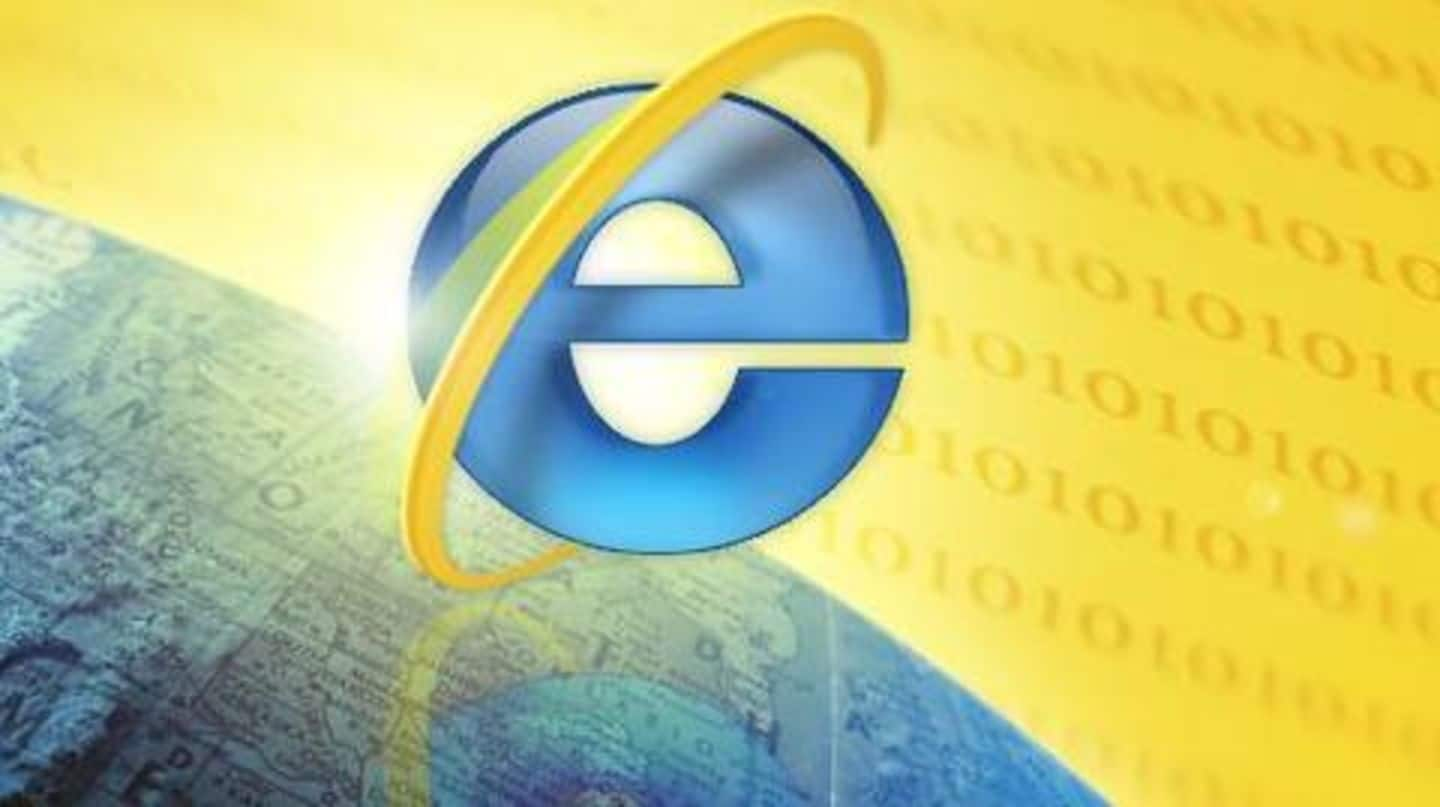
How YouTube engineers conspired to kill Internet Explorer 6
What's the story
Nearly a decade ago, a small group of YouTube engineers plotted a conspiracy that led to the demise of Microsoft's Internet Explorer 6. The plan, which has been revealed by a former YouTube engineer, stemmed due to the outdated nature of the browser for the video-sharing service. Interestingly, as time passed, it eventually did lead to the decline in IE6 usage. Here're the details.
Issue
Forced to support outdated IE6 triggered the plan
Back in 2009, YouTube engineers were frustrated by having to support the dated Internet Explorer 6. However, as it contributed to 18% of their traffic, they devised a plan to get users to leave IE6 for newer browsers. "We began collectively fantasizing about how we could exact our revenge on IE6," Chris Zacharias, an ex-Google and YouTube engineer, revealed in a recent blog post.
Plan
Banner for 'phasing out' support
So, Zacharias and others prepped a plan, which involved showing a banner on YouTube's website for IE6. The message warned users that the video-sharing service will 'phase out' support for IE6 and they should switch to a 'more modern' browser. And, they suggested multiple browser options, including not just Google Chrome but also Firefox, Opera, and Internet Explorer 8.
Results
Soon, their plan started working
Thanks to media coverage of phasing out support and YouTube's progressive growth, the plan designed by Zacharias and team worked. "Within one month, our YouTube IE6 user base was cut in half and over 10 percent of global IE6 traffic had dropped off while all other browsers increased in corresponding amounts," he said while emphasizing on the success of their plan.
Support
YouTube's management accepted their decisions
When Zacharias and other engineers executed their covert plan, they created a special set of permissions to bypass Google's code enforcement policies and ensured that only select few employees at YouTube witnessed the banner introduction. The YouTube management did eventually learn about their tactics but justified their means considering the success of their plan in bringing traffic from newer browsers.
Information
Google's lawyers demanded removal of the banner
Meanwhile, when the banner had gone up, Google's lawyers demanded it to be taken down, citing concerns of anti-competitive behavior and fines from regulators. However, the engineers silenced them after showing that they displayed browser suggestions randomly and didn't just promote Chrome.
Retirement
Finally, IE6 was retired in 2012
The move crafted by Zacharias and others worked for YouTube and a few more Google services, migrating their traffic to newer browsers. This contributed to the decline in the user-base of the dated IE6 and ultimately led to its demise in 2012. In fact, as The Verge reports, prior to its death, the browser's usage had gone below 1% in the US.